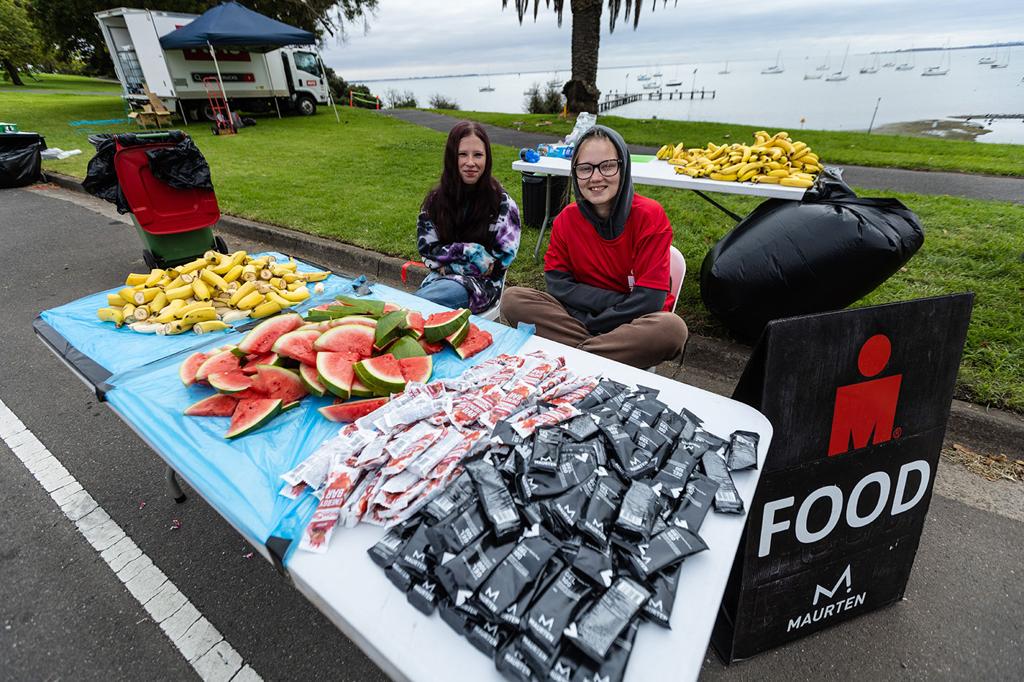Whether you’re a seasoned triathlete or gearing up for your first Ironman, understanding the importance of proper nutrition is key to achieving peak performance. In this guide, we’ll explore the specific nutritional needs for Ironman training, offering valuable insights and practical tips to help you optimize your fueling strategy.

The Ironman Challenge: Nutritional Demands
1. Energy Requirements:
- The sheer intensity and duration of Ironman training demand a strategic approach to energy intake.
- Calculate your daily caloric needs, factoring in training volume, intensity, and metabolic rate.
2. Macronutrients:
- Carbohydrates: Fuel your workouts with complex carbs to sustain energy levels.
- Proteins: Aid muscle recovery and repair; include lean sources such as poultry, fish, and plant-based proteins.
- Fats: Opt for healthy fats like avocados and nuts to support overall health and provide sustained energy.
3. Hydration:
- Staying adequately hydrated is crucial. Develop a hydration plan that includes both water and electrolyte-rich fluids.
- Consider your individual sweat rate and adjust fluid intake accordingly.
Tailoring Nutrition to Your Training Phases
1. Base Training:
- Emphasize a balanced diet with a focus on nutrient-dense foods.
- Gradually increase carbohydrate intake to support the growing training volume.
2. Build Phase:
- Fine-tune your carbohydrate intake to fuel longer and more intense workouts.
- Include a variety of vitamins and minerals through fruits and vegetables.
3. Peak/Taper Phase:
- Refine your nutrition plan for race day.
- Experiment with pre-race meals during long training sessions to find what works best for you.
Race Day Nutrition
1. Pre-Race Meal:
- Consume a balanced meal rich in carbohydrates the night before.
- Eat a smaller, easily digestible meal 2-3 hours before the race.
2. During the Race:
- Implement a nutrition plan that includes a mix of gels, energy bars, and electrolyte drinks.
- Regularly assess your energy levels and adjust your intake accordingly.
3. Post-Race Recovery:
- Prioritize replenishing glycogen stores with a post-race meal containing carbs and proteins.
- Stay hydrated and consider incorporating a recovery shake.
Personalization and Consultation
1. Individual Variability:
- Recognize that nutrition needs vary among athletes. Experiment during training to find what works best for you.
- Listen to your body and make adjustments based on performance and recovery.
2. Professional Guidance:
- Consult with a sports nutritionist or dietitian to create a personalized nutrition plan.
- Periodically reassess and adapt your nutrition strategy as your training evolves.
Nutrition plays a pivotal role in your Ironman journey. By understanding and implementing a sound nutritional strategy, you’ll be better equipped to tackle the challenges of training and excel on race day. Remember, every athlete is unique, so take the time to discover what fuels your body optimally. Here’s to a successful Ironman training experience fueled by the right nutrition!